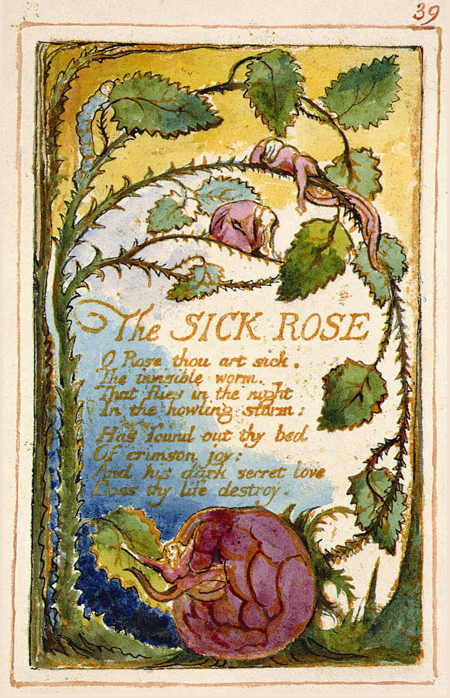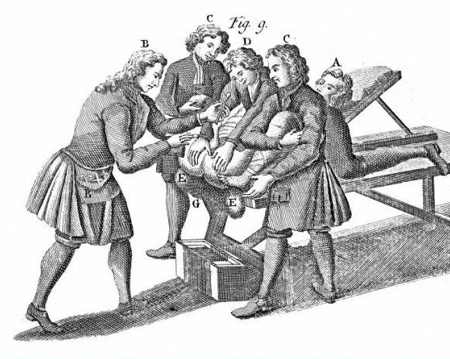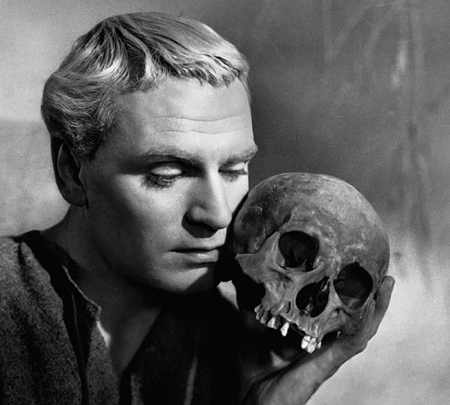During my first bladder operation I was struck by the conversations among the nursing staff and doctors in which my urine was judged according to the colour of wine. My twisted mind of course turned to Joseph Heller’s novel Catch-22 and his account of the predicament of “The Soldier in White”. I thought my situation was rather similar. [see “Turning Rosé into Chardonnay via a Middleman” (14 Feb. 2021) post
My second operation is fast approaching and my mind has turned to poetry in order to find some solace and comfort. The talk of “rosé” led me to think of William Blake and his poem about a related (at least to my mind) rose of a different colour – a red rose and a “crimson joy”. I have of course had to change the colour.

[Blake’s illustration for “The Sick Rose”]
The Sick Rose (1794)
O Rose thou art sick.
The invisible worm,
That flies in the night
In the howling storm:Has found out thy bed
Of crimson joy:
And his dark secret love
Does thy life destroy.
And here is my parody:
The Sick Gland, by David Hart
O gland thou art big
The weakening stream
That flowed in the night
In my wildest dreamHas not found the bowl
Of emptied joy
And its dark yellow tint
Does my life destroy
17th Century Lithotomy
The British Association of Urological Surgeons has a useful website with sections dealing with the history of their profession. They inform me that in the 17th century there were “travelling lithotomists” who specialized in removing bladder stones. The procedure looks a bit grim from this contemporary drawing but it appears that Samuel Pepys survived the ordeal:

[17th Century Lithomotists at work]
Urologically, this was the era of “travelling lithotomists” who toured the country removing bladder stones through incisions in the perineum without any form of anaesthesia (*pictured*). Lithotomists of this era included Thomas Hollier who, in 1662, operated on the diarist Samuel Pepys to remove his stone. Pepys was one of the lucky ones – few patients survived this procedure and those that did often suffered from incontinence due to sphincter damage and/or a urinary fistula.
The Body might well complain of this (mis)treatment but Andrew Marvell has a poem in which the Soul draws up an equal number of complaints about the Body. I have put the entire poem “A Dialogue between the Soul and the Body” online here). I quote the opening complaint by the Soul and my rewriting of it for the present circumstances:
SOUL
O who shall, from this dungeon, raise
A soul enslav’d so many ways?
With bolts of bones, that fetter’d stands
In feet, and manacled in hands;
Here blinded with an eye, and there
Deaf with the drumming of an ear;
A soul hung up, as ’twere, in chains
Of nerves, and arteries, and veins;
Tortur’d, besides each other part,
In a vain head, and double heart.
My updated version:
SOUL
O who shall, from this dungeon, raise
A soul enslav’d so many ways?
With bolts of bones, and flesh that fetters
Me from head to toe and then to bladder;
Here blinded with an eye, and there
Pained by plumbing at the nether;
A soul hung up, as ’twere, in chains
Of tubes, and sacks, and veins;
Tortur’d, besides that nether part,
With throbbing head, and troubled heart (or spelled Hart).
William Shakespeare’s (and Hamlet’s) Existential Dilemma
The last word should always be given to William Shakespeare. He, in the mouth of Macbeth, he makes the choice one faces very clear. Again, the original first then my version. I would have addressed a different body part than a skull as we see Olivier/Hamlet doing in the illustration:

[Laurence Olivier talking to a Skull]
To be, or not to be, that is the question:
Whether ’tis nobler in the mind to suffer
The slings and arrows of outrageous fortune,
Or to take arms against a sea of troubles
And by opposing end them. To die—to sleep,
No more; and by a sleep to say we end
The heart-ache and the thousand natural shocks
That flesh is heir to: ’tis a consummation
Devoutly to be wish’d. To die, to sleep;
To sleep, perchance to dream—ay, there’s the rub:
For in that sleep of death what dreams may come,
When we have shuffled off this mortal coil,
Must give us pause—there’s the respect
That makes calamity of so long life.
My version:
To pee or not to pee, that is the problem:
Whether ’tis nobler in the mind to suffer
The stings and pangs of outrageous pain,
Or to take pills against my pee of troubles
And by opposing end them. To die, to pee
No more, and by pee to say we end
The gut-ache and the thousand natural shocks
That flesh is heir to, ’tis a constipation
Devoutly not be wished. Not die – but pee,
To pee, perchance a stream – aye, there’s the nub:
For in that pee of life what streams may come,
When we have shuffled off this hurtful gland,
This gives us pause – to hope to bring
An end to so calamitous a life.
